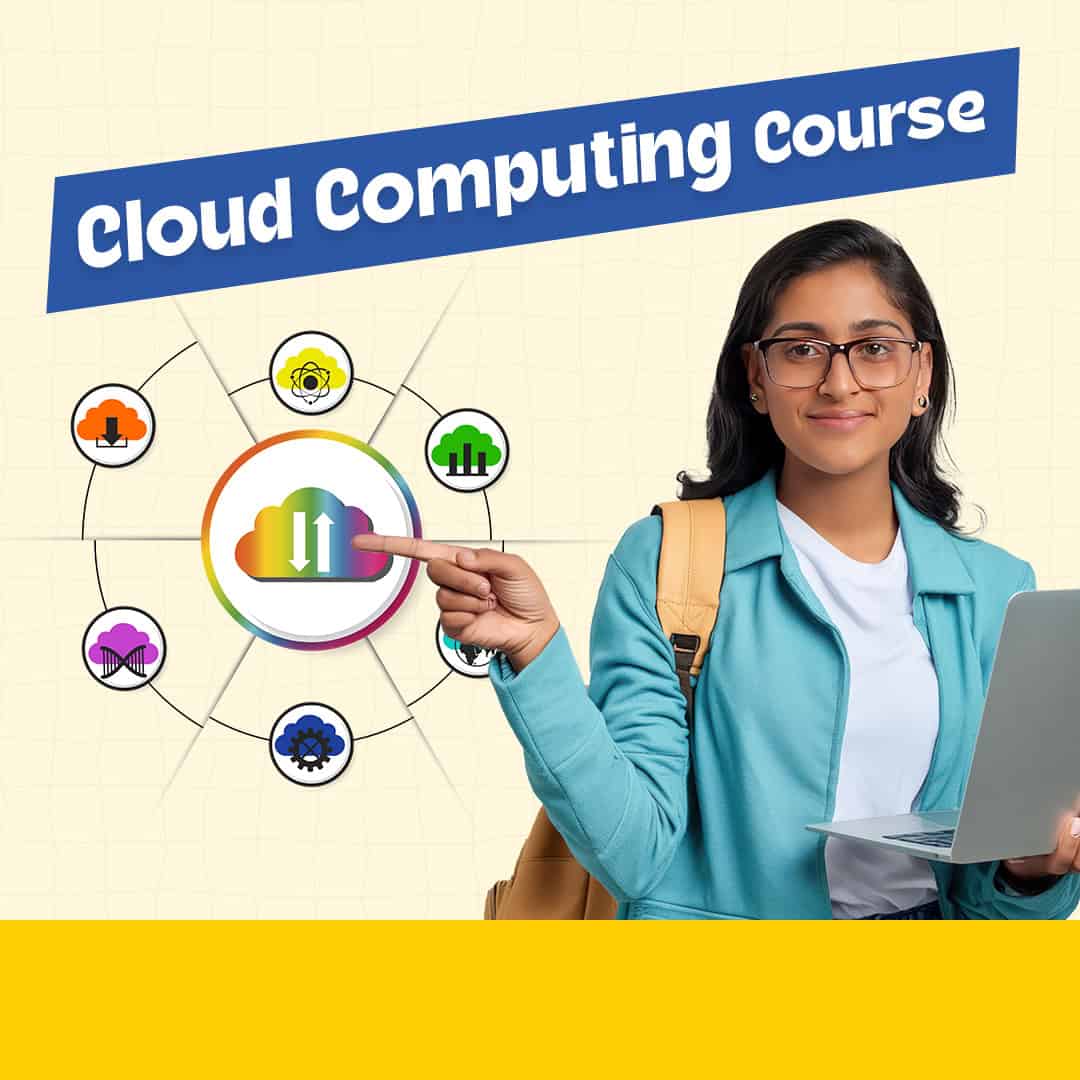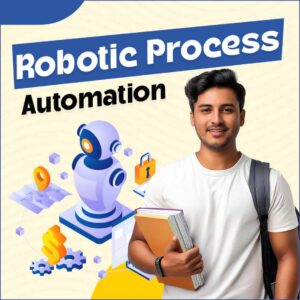Description
The average salary for Cloud Security professionals in India ranges from ₹6-10 Lakhs per annum for entry-level roles, ₹12-18 Lakhs for mid-level, and ₹20-35 Lakhs for senior-level positions.
If you are someone interested in making a career in tech and gaining a thorough understanding of cloud computing, we offer a comprehensive cloud computing course, which covers essential concepts such as cloud architecture, service models, and deployment strategies, empowering you to navigate and manage cloud infrastructure with ease. Get in touch with our team now!
It’s designed to help you master cloud services such as IaaS, PaaS, and SaaS, and to prepare you for real-world challenges in cloud management. Our previous students have achieved packages up to 25 lakhs as a Cloud Engineer, you can be the next!
Batches starting soon!
Course Requirements:
- Basic understanding of IT concepts.
- Interest in technology and cloud computing.
- A computer with internet access for accessing materials.
Who Is This Course For?
- Beginners interested in cloud computing.
- IT professionals looking to expand their skills.
- Entrepreneurs exploring cloud solutions for business growth.
- Students pursuing a career in tech.
- Anyone curious about the future of technology.
Benefits of this Course:
- Gain expertise in cloud platforms like AWS, Azure, and Google Cloud.
- Learn to deploy, scale, and manage applications in the cloud.
- Master cloud security and disaster recovery strategies.
- Prepare for high-demand roles like Cloud Engineer or Architect.
- Save costs by learning how to optimize cloud resources.
- Access career opportunities in enterprise and startup ecosystems.
- Stay competitive in the rapidly evolving cloud industry.
- Develop hands-on experience with cloud-based projects.
- Learn how to modernize traditional IT infrastructures.
- Future-proof your career with cloud computing expertise.








Reviews
There are no reviews yet.